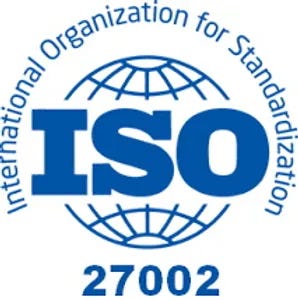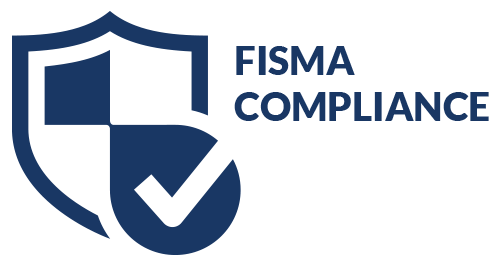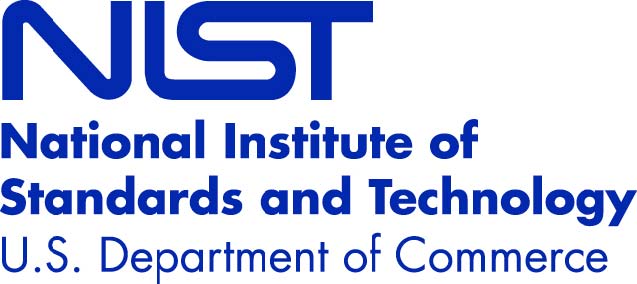Keeping data safe is one way a collection agency can protect the relationship between you and your patient.
Federal law requires healthcare organizations to safeguard personal health information (PHI). As we discussed in our previous article around ransomware and insider threats, healthcare organizations may often struggle to keep data safe, and increasingly fall victim to malicious software. Ironically, many of these security breaches occur when an unsuspecting healthcare employee opens an email attachment that infects the IT network.
The cost of these data breaches are skyrocketing; recent numbers suggest the average data breach cost $3.62M and that healthcare data breaches tend to cost 2.5 times what breaches in other sectors cost.
Obviously, these security breaches cause damage to the reputation of the hospital or other healthcare providers when they fail to keep private medical records safe. The Harvard Business Review suggests hospitals and medical practices must do more to protect crucial and confidential patient data.
The problem is compounded because hospitals use several third-party vendors that provide everything from large digitally connected equipment for home monitoring to cloud-based electronic medical records, as well as services such as external billing or collections.
That makes the reputational threat from third-party vendors that mishandle patient data just as dangerous as other threats such as ransomware. But when handled properly, these third-party vendors can actually enhance the patient relationship while keeping patient data safe.
Two Ways a Debt Collection Agency Can Improve Healthcare’s Bond with the Patient
A healthcare debt collection agency is tasked with tracking down past due A/R. As we’ve shown in past articles, this can have a hugely positive impact on the bottom line of any healthcare provider. But there is a secondary impact of the debt collection agency.
Third-party debt collection can actually strengthen the relationship with your patient.
When handled appropriately it’s possible that a debt collections agency could actually maintain or improve the hospital/patient relationship. An experienced debt collection firm such as TSI can use the technology and human connection found in this process to improve customer satisfaction. We do this in two ways:
- Keep PHI secure.
We know that the debt collection agency must be fully compliant with the Health Insurance Portability and Accountability Act (HIPAA). Look for a debt collection agency that has invested substantially in cyber security technology. Any third-party vendor should encrypt data while in transit and at rest, while offering two-party authentication, and have solid security protocols in place for protecting sensitive client data. The debt collection agency must have a secure data center with hardened redundancies in systems and protocols to protect PHI. TSI has invested in all of these security protocols and created a culture of cyber security within the organization itself.
- Conduct collections in a way that improves the customer experience.
We believe the customer experience matters, particularly when it’s a medical bill that is past due. It’s not as if your patient deliberately got sick and then failed to pay the bill. Life happens. It’s imperative that we treat your patients with respect while offering them many options for bringing their past-due balance current. When clients are treated with respect, courtesy, and kindness, it becomes clear that the agency, and in turn, your healthcare organization, is caring and that the patient relationship is valued.
TSI improves patient satisfaction by keeping data safe and by treating your customers in ways that strengthen the bond with your organization. To learn more ways to enhance your relationships and optimize your revenue, contact us today.
Want to learn more about TSI? Fill out the form and a TSI representative will contact you shortly.
